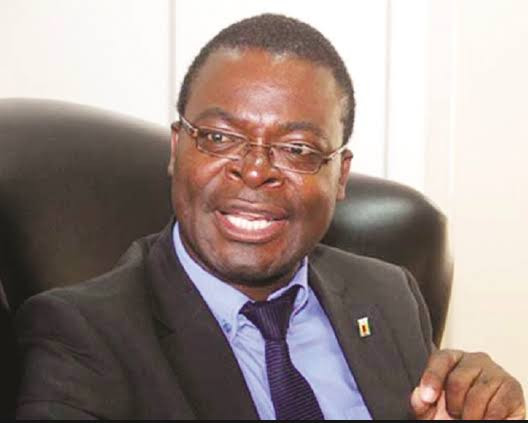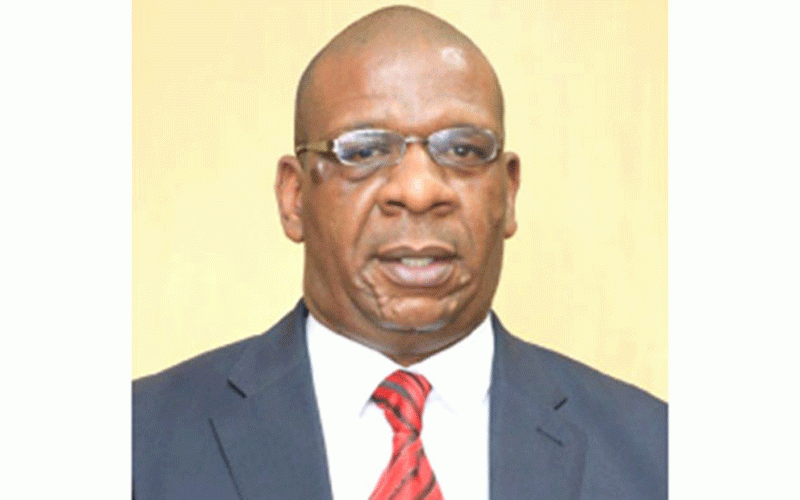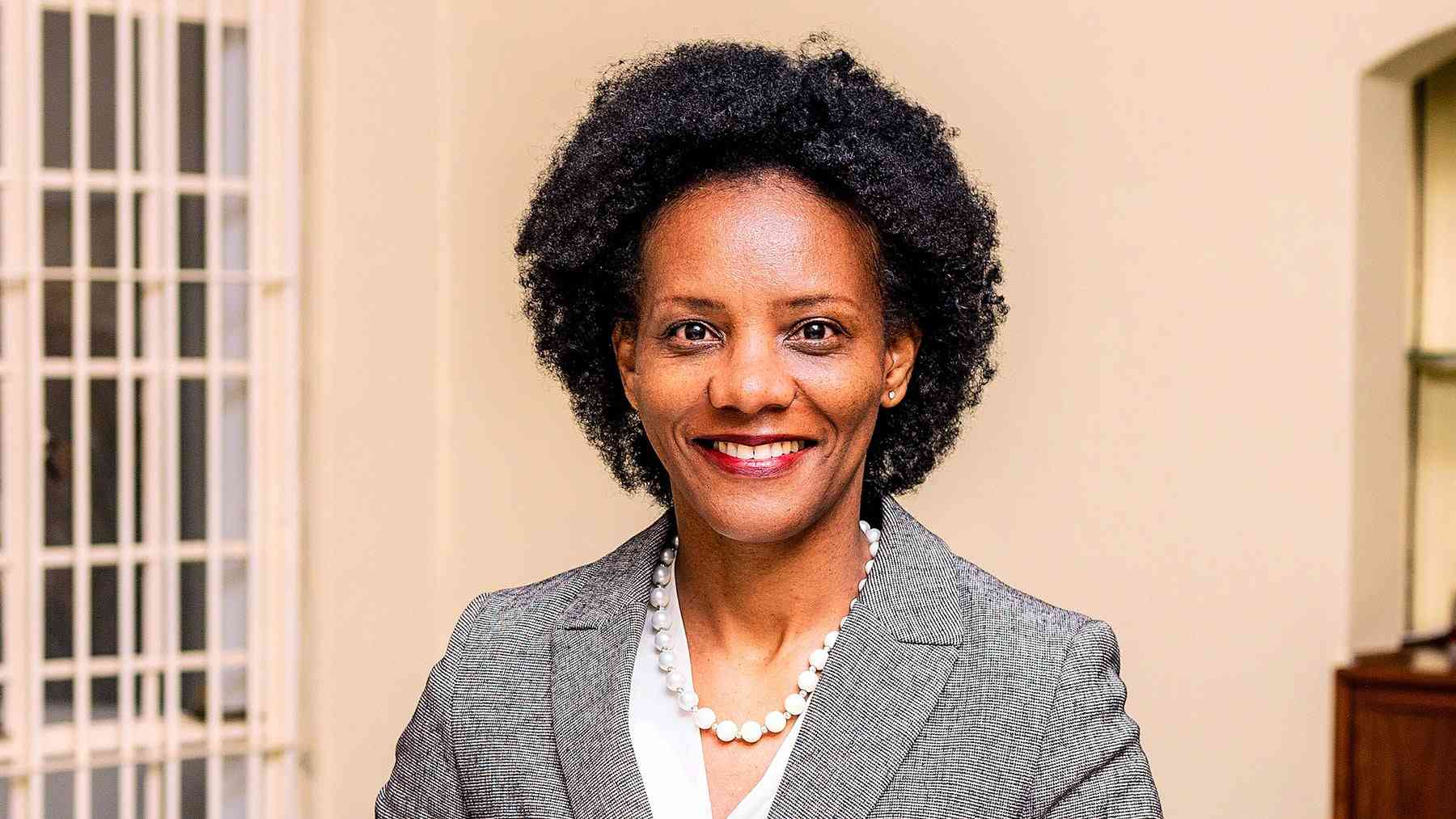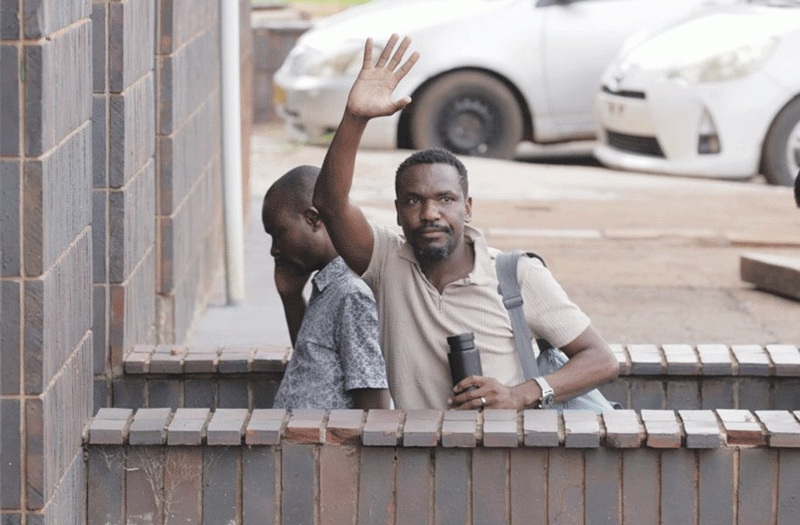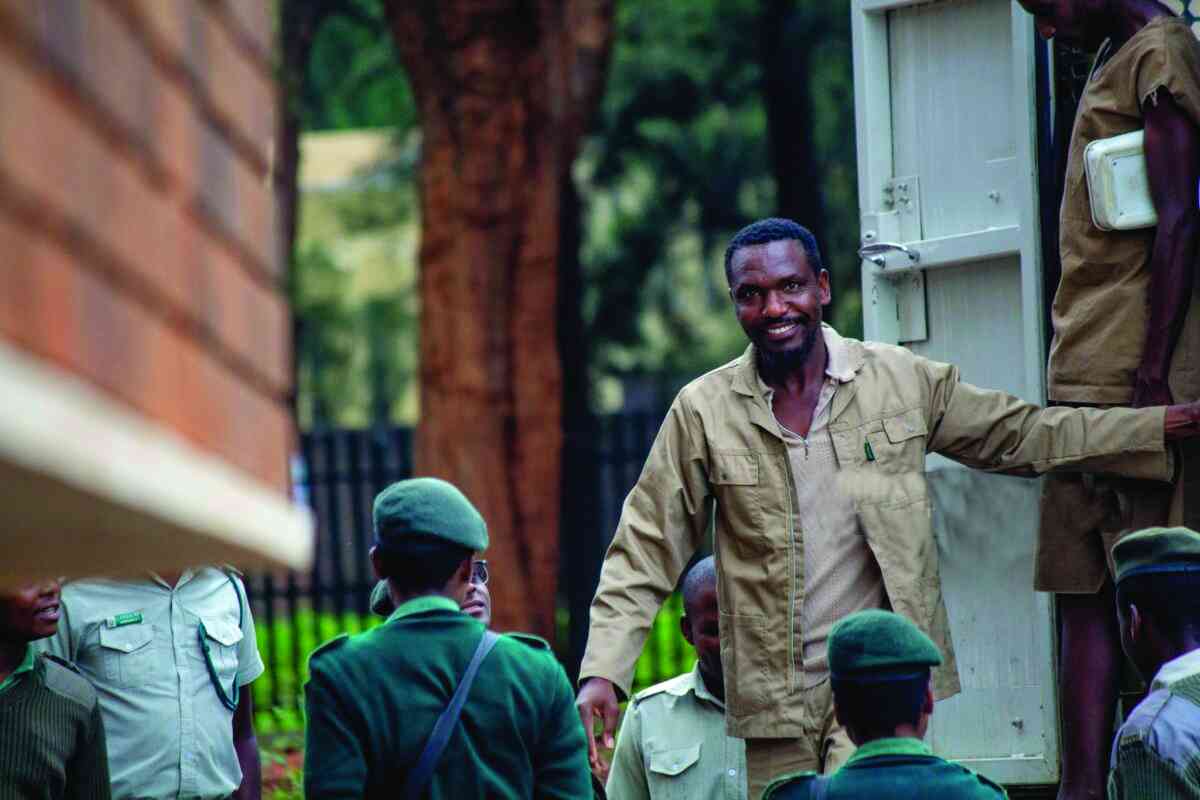
The Mzingwane River veered sharply left past Doddieburn Ranch, slithering beneath towering hills on its southern bank and lush, grassy plains to the north — green veils draped over jungle laced ridges.
Along its sandy bed, the bones of basalt rocks jutted from the surface, exposed by relentless floods during the bountiful 2013/2014 rains. But that afternoon in June 2014, the violence of nature had yielded. The floods had retreated. A deep, deceptive calm clung to the remote wilderness.
Under a punishing winter sun, political journalist Clemence Manyukwe and I took our seats at the magnificent Doddieburn Lodge.
The setting was surreal — raw African beauty framed by opulence and hushed mystery. We were minutes away from lunch, savouring the grandeur and gearing up for a high stakes story.
Manyukwe had spent weeks coaxing the reclusive South African tycoon Frikkie Lutzkie into granting us access to his embattled property. Our curiosity had been stoked after a chopper crash catapulted the ranch into infamy.
Whispers spread that Lutzkie had torched his downed aircraft before vanishing across the Limpopo.
Zimbabwean intelligence wanted him extradited. Doddieburn was sealed off — classified a “sensitive security zone” — and the silence around it was deafening, the stakes growing higher with each passing week. But we were undeterred.
Lutzkie, wary but cornered, had sent his top aide, Kevin Blooms, to meet us instead. The promise: exclusive interviews and the untold truth about the crash.
- Letter to my people: The experiment has failed spectacularly
- Village Rhapsody: Zimbabwean journalists under siege
- AMH journalists arrested
- Letter to my people: The experiment has failed spectacularly
Keep Reading
We linked up with Blooms in Bulawayo that Saturday, then embarked on a rugged three-hour journey through arid plains and the skeletal remnants of abandoned gold mines. His sturdy 4x4 devoured potholes like prey.
“There has been activity at Doddieburn since the 1800s,” Blooms said.
“This place is a national treasure. The British royal family once visited. In the 1880s, elands here were milked for breakfast.” He went on.
“The biggest elephant trophy in Bulawayo Museum? Shot right here.”
As we neared the lodge, the landscape opened up — a mesmerising blend of basalt outcrops, vibrant birdlife, and elegant impala, grazing where their ancestors had centuries before. But the charm faded fast when we stepped onto the estate. My breath caught.
Doddieburn’s soul had been dressed in a foreign skin — a bizarre mimicry of Eastern Europe. The rangers wore military style — fatigues eerily reminiscent of uniforms from Lutzkie’s homeland. It felt intrusive, unsettling.
I struck up a conversation with Norman Crooks, a ranger in his late 50s. Soft spoken. Mysterious. But the military garb irked me.
In that remote setting, standing face to face with men in camo, it felt like we were plotting something sinister — a rebellion or a poaching ring. And then, chaos erupted.
What followed unfolded with cinematic intensity.
Blooms and Crooks suggested we check in at a temporary police post inside the ranch — set up to apprehend Lutzkie should he return. We handed over our press cards. Then the ambush came.
Security agents stormed in.
I froze.
For a heartbeat, I thought it was a robbery. Then reality slammed in — Zimbabwe’s feared presidential security men were upon us. Their questions came like bullets. No pauses. No mercy.
“What is your interest in this story?!” one barked venom in his voice. My mind went blank.
Another thundered: “Ndimi munotengesa nyika vanhu veku Fingaz imimi!” (“You sell-outs from the Financial Gazette!”)
It hit me — we were in serious danger.
As a business journalist, my battles were usually fought in boardrooms and press briefings, not wilderness standoffs. Arrests? That was for political reporters. Or so I thought.
“Iwe, takura murungu uyu. Asi ava vakomana hativasiye, tinoenda navo,” growled the lead agent. (“Drive this white man’s vehicle. But we’re taking these boys.”)
To them, Blooms was Lutzkie. The fury they had bottled for the tycoon was now spilling onto all of us.
“Mahakira,” one smirked. “You are stuck with us now.”
He glanced at Crooks. “Who is that man!” he barked. Silence. Suspicion deepened.
Another agent was already grilling Blooms, patting him down.
“Got a gun?” “No,” Blooms stammered. They searched him anyway.
Somewhere in the chaos, I lost track. Had Crooks vanished? Was he now running through the bush? We were separated. They threw Manyukwe into one car and sped off, dust spiralling into the sky. It was like watching someone get abducted. I sat motionless, dazed.
Then I was ordered into Bloom’s 4x4 — between a spy on my left and a silent, armed police officer on my right. Sweat pooled under my collar. The tension was volcanic.
The spy muttered: “Once I get my weed, you will talk.”
“Ndasiya mbanje yangu (I left my dagga),” he told his partner.
“I left my stash. We will swing by my place.” I shuddered.
Then he leaned in: “This guy drove from South Africa overnight. No civilian does that. He is ex security.” His words cut deep. My stomach turned.
Beside me, Blooms poured out his life story. He had lived in China, married a local woman, spent 14 years as a fireman in South Africa. Born in Zimbabwe, raised in Zambia, expelled under Kenneth Kaunda in 1964, then relocated to South Africa. His dream of becoming a pilot? Crushed.
“I wouldn’t kill a fly,” he pleaded.
But they were not buying it.
“Have you been a soldier?” one agent asked. I didn’t hear the reply.
My mind was consumed by a more pressing fear. Beneath my safari gear, I wore a Movement for Democratic Change T-shirt—a relic from 2013 campaign coverage. If they found it, they would tie me to the late opposition leader Morgan Tsvangirai. I would be a marked man. By the time we reached West Nicholson, a swarm — a cross-section of government departments was waiting. The rocky yard was teeming. We had disrupted their weekend. That alone showed how seriously the State took this.
When I asked to use the bathroom, they let me go — with an escort. A policewoman nearby whispered: “We heard there were South African journalists?” “They are local,” he replied. She blinked.
“What were they doing in the bush with a white man?”
My heart sank deeper.
Rumours had tied Lutzkie to ivory smuggling. If they decided we were his accomplices, we were finished.
Manyukwe held the line — calm, defiant.
“We are accredited. We can cover stories anywhere.”
They grilled me for travelling from Harare to Matabeleland South. He stepped in.
“That is our job. We choose our stories.”
The yard fell silent. Dead silent.
At around 5pm, they turned to Blooms. “You are not welcome here,” one barked. He was expelled. Just like that. No goodbyes.
I prayed we would be next.
Instead, we were ordered into another vehicle. Destination: Gwanda, about 20km west. It was the longest ride of my life. The terrain blurred. I was running on fear.
Their tone softened as we neared the town. Perhaps we were being freed?
Then their boss dropped the bombshell: “We are handing them over to the PIO.” My insides twisted.
That meant more interrogations. The leader still was not convinced.
“Handisi kugutsikana nezviri kutaura vakomana ava. Vabatana sei nemurungu uyu?”
(“I am not convinced by these boys. How did they connect with this white man?”)
It was clear: we were still under their dreadful grip.
l World Press Freedom Day was celebrated last Saturday. Dedicated to my colleague, Blessed Mhlanga (pictured above), this article is an extract from my upcoming book, Masters of Plunder, 397 pages of reverting financial journalism.

